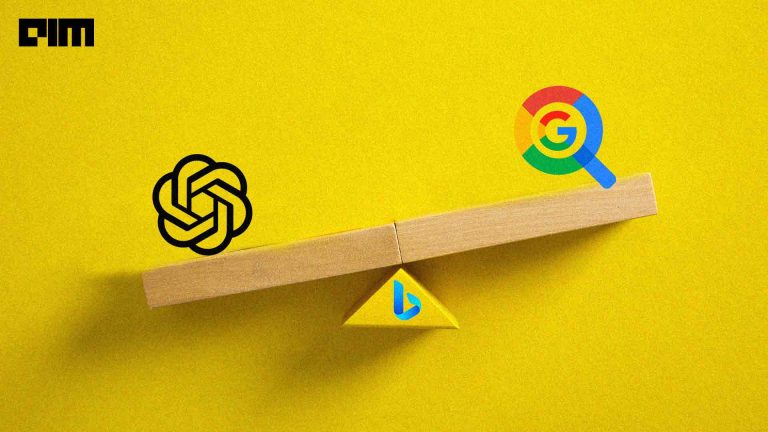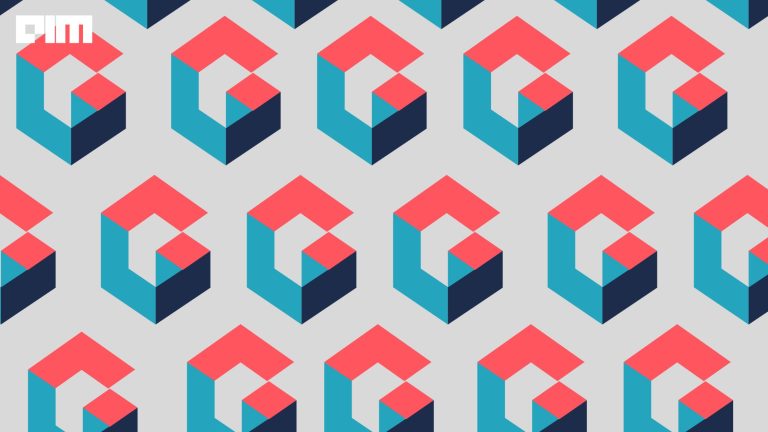|
Listen to this story
|
Back in 2018, Amazon became the victim of online ad fraud. An ad of a fraudulent website, mimicking the e-commerce platform, ranked even higher than the real website Amazon.com and duped online buyers. Microsoft, Ralph Lauren, Patagonia and many big brands have fallen victim to such online ad frauds.
According to Juniper Research, global losses from digital advertising fraud are expected to exceed $68 billion this year, up from $59 billion in 2021.
The worldwide digital advertising industry was worth $468.0 billion in 2021, showing a 14% compound annual growth rate (CAGR) from 2016 and 2021. The ad fraud is about 13% of the total size of the online ad industry.
The top five nations most affected by advertising fraud—the United States, Japan, China, South Korea, and the United Kingdom—account for 60% of worldwide digital advertising spend losses.
Fraudsters’ Modus Operandi
Traffic hijacking, displaying an ad for brand ‘X’ but when the user clicks, they are sent to brand ‘Y’ (and brand ‘Y’ pays for the click), is one of the most typical ad frauds.
Scammers put advertisements at the top of Google search results to attract victims. These advertisements resemble those for platforms, wallets, and companies. They do, however, include a link to a ready-made website. This website is made to resemble the one for the brand. On the initial landing page, they begin to dupe the online user into divulging information. Web users fall for this scam thinking the advertisement and the website are from the real company.

The scam on Facebook typically appears as an almost too good to be true advertisement with claims of a high-quality item at a reasonable cost. These fraudulent advertisements feature goods like accessories, cosmetics, and nutritional supplements. The success of Facebook is primarily due to the fact that real and false advertising can hardly be distinguished from one another. When a Facebook user falls for this con, the stuff they buy—if it ever arrives—is nothing like what the con artist advertised.
Bots or click farms are another way to reduce an advertisement’s effectiveness. This approach involves users or software that quickly switches between ads, seeing, clicking, and moving on—with no genuine interest or intent to purchase.
Facebook could easily block bots from clicking on advertisements but chooses not to, says a report. Advertisers routinely end up paying for robotic (fraudulent) activity, claims the report by Method Media Intelligence (MMI), which has offices in New York, California, and London.
There is a lack of trust in the information flowing across the value chain in the digital ad segment. Blockchain provides a solution for these challenges, introducing a new mechanism to transform the industry.
Blockchain, a panacea for ad industry
Distributed, decentralised, transparent, immutable and automated. These buzzwords are the reason the ad industry is going to transform like never before.
Using blockchain, ad agencies and marketers can target the right audience more effectively because of its ability to reliably trace back information. Advertisers executed campaigns prior to blockchain based on a constrained knowledge of customer behaviour and preferences, which was frequently inconsistent across channels. While overall return on investment (ROI) may have been positive, this was a less-than-ideal strategy since it was unable to link certain sales drivers to specific advertising campaigns, thereby necessitating a lot of guessing.
Lucidity, a blockchain-based advertising analytics company, provides auditable data across all parties in the supply chain and ensures that advertising standards are enforced. It has clients like Toyota and Samsung.
According to Samsung, Lucidity’s blockchain-based technology helped the company detect any unconfirmed impressions, clicks, or other breakages. “The pilot campaign resulted in a 98% ad quality score (confirmed impressions) compared to the benchmark, which achieved only 70% confirmed impressions. Therefore, wasted impressions were reduced from 30% to 2%.”
The decentralised method, which removes the middlemen, reduces expenses significantly such as processing fees, transaction fees, costs associated with enabling payments, and costs associated with consumer data. This might result in a 30~35 per cent decrease in overall advertising expenditure.
Experts believe that transparency is the key to stopping frauds. The visibility and transparency of blockchain sifts through the real clicks from the fake ones.
Smart contracts are another added benefit for advertisers in the blockchain ecosystem. Smart contract programs are stored on a blockchain that run when predetermined conditions are met (for example, via smart contracts payments from advertisers can automatically be triggered to publishers when results have been delivered).
Ambire Adex, AdChain, BitClave, and Indahash are some companies providing solutions to different sorts of problems related to digital ads.
Incentives for ad consumers
As the adage goes, “If you don’t pay for the product, you’re a product.” For most big tech companies, Facebook and Google, ad revenue is the biggest source of revenue. It means that they sell users’ information to advertisers and earn money for it.
Three years ago, Brave decided to change that. The Brave Browser automatically removes all the unsightly advertising and trackers from any website you visit. You are then given the option to see Brave Private Ads.
If you watch their ads, you get rewarded with Basic Attention Tokens (BAT). When users choose to see adverts from Brave, they are compensated for their attention and given tokens. Up to 70 per cent of the income share is made up of the tokens received. BAT may be redeemed every month and put right into your Brave Rewards wallet.
It’s alright even if you don’t! Free and private use of the Brave Browser will never change. Brave claims that, in contrast to advertisements from big techs, their adverts respect users’ privacy. The data of users never leaves the device.
LeadCoin is a blockchain-based web marketing company that allows internet users to sell their data and get paid for it. Leadcoin consumers can earn LDC tokens by sharing their data with interested businesses on LeadCoin’s Lead Sharing Network. The data is supplied through a cookie or a web form and relates to the goods or services they want to purchase. The company that purchased their lead then sends them tailored offers in real-time. They get LDC tokens into their online wallets when their lead is traded on the network.
“LeadCoin is bringing a core disruption to web marketing, presenting a powerful alternative to the duopoly of Google and Facebook,” said Shmulik Grizim, Founder, LeadCoin.



















































































